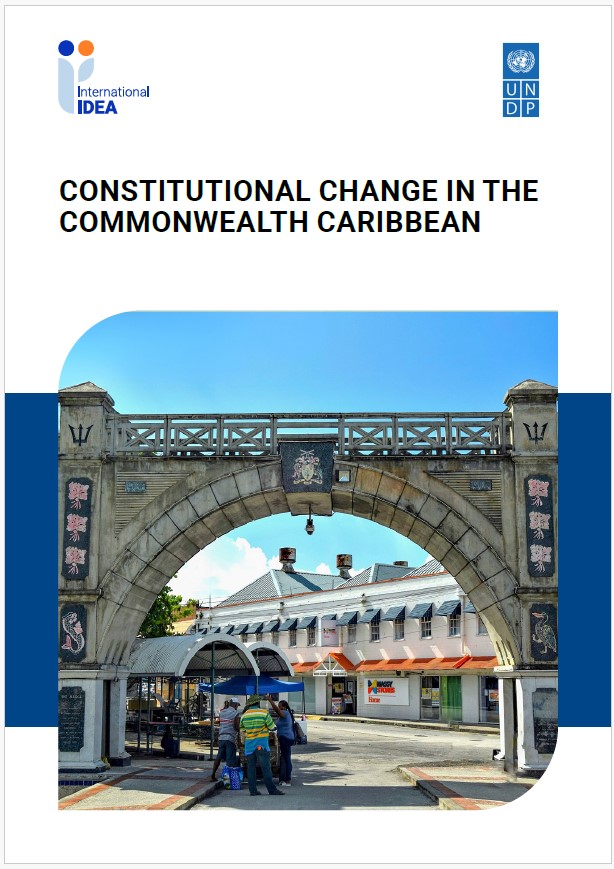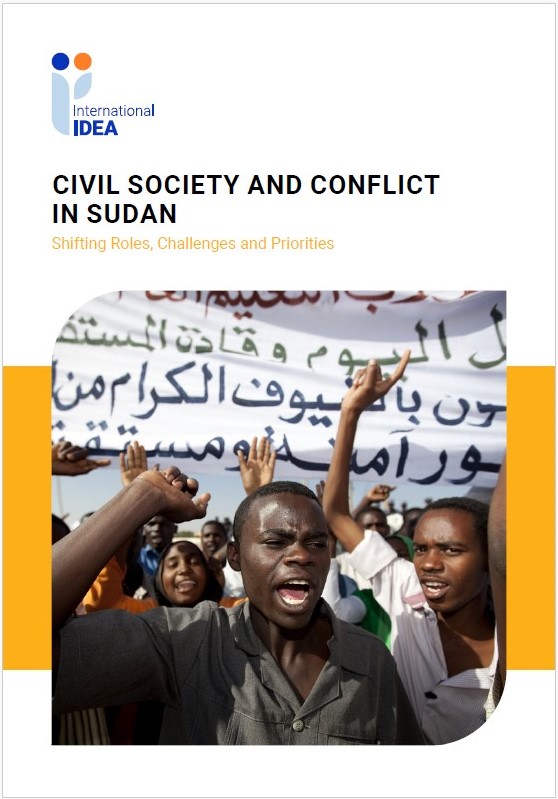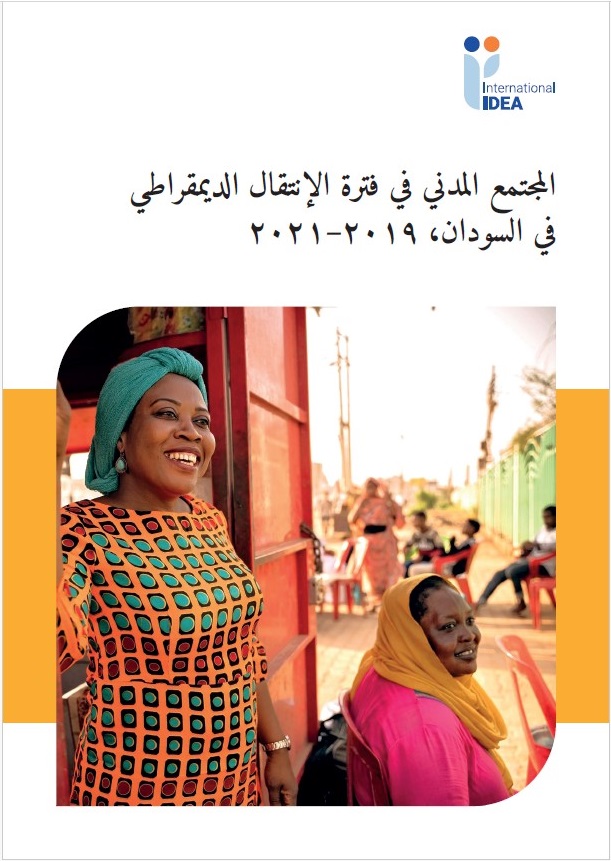What does the future hold for citizen participation? This is what European leaders came to talk about in Milan, Italy on Monday, 5 February 2018. At the European Open Government Leaders’ Forum, co-organized by the Open Government Partnership and the government of Italy, a mix of government ministers, civil society leaders and international organizations gathered to analyse the decline of citizen participation.
Search
Region
Country
Type
On 2 February 2018, the Secretary-General of International IDEA, Yves Leterme, welcomed a delegation from the European Court of Auditors (ECA) at the headquarters of International IDEA in Stockholm, Sweden, to discuss the results of a recent ECA Audit of EU Election Observation Missions.
iKNOW Politics—a partnership of International IDEA, IPU, UNDP and UN Women—is moderating an online discussion on Women's Participation in Local Government from 2 February to 8 March.
On 6–7 February, International IDEA will convene African parliamentarians and political party leaders in Cape Town to discuss institutional strengthening and natural resource policies.
Disclaimer: Views expressed in this commentary are those of the staff member. This commentary is independent of specific national or political interests. Views expressed do not necessarily represent the institutional position of International IDEA, its Board of Advisers or its Council of Member States.
El IV Foro Internacional de Santo Domingo bajo el tema “El estado de la democracia en América Latina: 40 años desde la tercera ola de la democracia”, organizado por IDEA Internacional, junto la Fundación Global Democracia y Desarrollo (Funglode), se llevó a cabo del 16 al 18 de enero de 2018 en la capital dominicana.
The Fourth International Forum of Santo Domingo under the theme "The state of democracy in Latin America: 40 years since the third wave of democracy", organized by the Global Foundation for Democracy and Development (Funglode for its Spanish acronym), together with International IDEA, took place from 16-18 January 2018 in Santo Domingo, the capital city of Dominican Republic.
On 11 January, International IDEA and the Swedish Ministry for Foreign Affairs (MFA) organized a joint event to familiarize participants - from the MFA Diplomatic Training Program and the European Diplomatic Programme (Croatia, EU delegation)—with the key concepts, opportunities and challenges involved in the democracy support and electoral assistance agenda.
On Wednesday 24 and Thursday 25 January 2018, the Secretary-General of International IDEA, Yves Leterme, travelled to New Delhi, in order to attend an International Conference on the ‘Inclusion of Persons with Disabilities (PwD’s) in Electoral Processes’, and partake in the celebrations for India’s National Voters’ Day.
“Twenty-two years ago, when International IDEA was founded, there was no field of electoral administration… Today, there is a thriving and bustling community of professionals who learn from one another, who have access to cutting edge research and professional resources from around the world, and who have insights into how other countries tackle similar problems.
This paper is the product of the Experts’ General Meeting held on 28 April 2017 at the offices of the United Nations Economic and Social Commission for Western Asia (UN ESCWA) as part of Phase II of the project on the National Agenda for the Future of Syria.
On 21 November, International IDEA Secretary-General Yves Leterme travelled to Lima, Peru, to attend the Annual Democracy Forum 2017 (ADF).
In its effort to promote media’s better understanding of the electoral cycle and building the relationship between the High National Election Commission of Libya (HNEC) and media outlets as axe of the electoral strategy and risk management, International IDEA in partnership with the HNEC and the support of the UN electoral assistance team launched the second round of the Building Resources in Democracy Governance and Elections (BRIDGE) workshop on media and elections that was held in Tunis fo
This year, the ACE Electoral Knowledge Network celebrates 20 years as the world’s largest online source of electoral knowledge, promoting credible and transparent electoral processes around the world.
Disclaimer: Views expressed in this commentary are those of the staff member. This commentary is independent of specific national or political interests. Views expressed do not necessarily represent the institutional position of International IDEA, its Board of Advisers or its Council of Member States.
Este articulo se encuentra disponible en Castellano.
Declaracion: Las opiniones expresadas en este comentario son las del miembro del personal. Este comentario es independiente de intereses nacionales o políticos específicos. Las opiniones expresadas no representan necesariamente la posición institucional de International IDEA, su Consejo de Asesores o su Consejo de los Estados Miembros.
This article is available in English.
Disclaimer: Views expressed in this commentary are those of the staff member. This commentary is independent of specific national or political interests. Views expressed do not necessarily represent the institutional position of International IDEA, its Board of Advisers or its Council of Member States.
Declaracion: Las opiniones expresadas en este comentario son las del miembro del personal. Este comentario es independiente de intereses nacionales o políticos específicos. Las opiniones expresadas no representan necesariamente la posición institucional de International IDEA, su Consejo de Asesores o su Consejo de los Estados Miembros.
International IDEA’s Annual Review of Constitution-Building Processes provides a retrospective account of constitutional transitions around the world, the issues that drive them, and their implications for national and international politics.
Throughout Myanmar’s democratic transition, much of the government's focus has been on political reform, such as making changes to civil liberties, electoral legislation or managing the ongoing peace negotiations. By contrast, the country’s fiscal frameworks have received substantially less attention.


